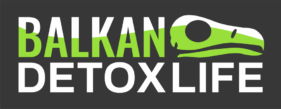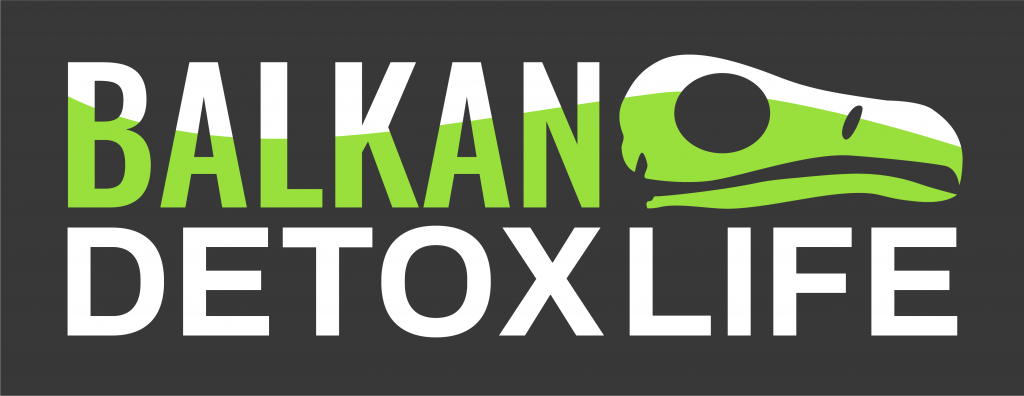A recent case in the Czech Republic has set a landmark precedent in the fight against wildlife crime, with a hunter being sentenced to prison and fined heavily for poisoning two White-tailed eagles (Haliaeetus albicilla) near his fishpond. This conviction demonstrates that wildlife poisoning can be effectively prosecuted as a serious environmental offense when investigations and prosecutions are carried out effectively.
Wildlife poisoning is a persistent threat to protected wildlife in Europe. In the Balkans, this practice has led to the deaths of thousands of animals, affecting the population of endangered species like vultures. However, this case demonstrates that it can be met with serious legal consequences, serving as a deterrent to future offenders. A key objective of the BalkanDetox LIFE project is to improve investigation management of wildlife crime by building the capacity of competent authorities and stakeholders to effectively tackle poisoning across the region.
Conviction for illegal wildlife poisoning in the Czech Republic
The recent wildlife poisoning case in the Czech Republic highlights the severity of the issue and serves as an example of how justice systems can effectively respond to environmental crimes. A 52-year-old hunter and dog breeder, identified as J.J., was sentenced to two years in prison and fined €10,000 for poisoning wildlife near his fishpond in the village of Jesenice, just 60 km from the capital. He used carp remains as poison bait, laced with carbofuran, a highly toxic pesticide banned in the European Union since 2008 but still illegally kept by some individuals for use against pests. The man admitted his guilt at the beginning of the proceedings, and the verdict passed by the District Court in Pribram is now final.
The hunter intended to kill otters that were preying on his fish, but as is often the case with poisoning, the toxic bait caused far broader harm. The poison bait ended up killing two White-tailed eagles, two otters, two foxes, a common buzzard, and a stone marten, which were found with the help of an anti-poison dog unit. The social value of the animals lost was estimated at over €25,000.
“His first victims, two white-tailed eagles and a fox, were found at the end of February. The position of their bodies clearly showed that the animals, before dying, were in severe convulsions and pain due to poisoning with a nerve toxin. The eagles had clenched talons and their wings were spread in a spasm. The fox was lying on its side with its legs and tail stiffly stretched out and its paws open.”
- Klara Hlubocka, a Czech specialist in detecting poisoned baits and animals, has been working with criminal inspectors from Příbram since the start of the investigation in February 2024.
The anti-poison dog unit from the Czech Ornithological Organization is specifically trained to detect poisoned animals and swiftly move away to avoid inhaling toxic fumes. Since the start of the year, Czech ornithologists have recorded 40 cases of animals either confirmed or suspected of poisoning, including 14 mammals and 26 birds, predominantly birds of prey.
This case, which marks the third wildlife poisoning conviction in the Czech Republic, demonstrates how critical it is to have well-trained experts and clear investigative protocols in place to ensure justice is served.
Wildlife poisoning is a serious environmental crime
Illegal wildlife poisoning is a serious environmental crime that devastates individual species and entire ecosystems. In many Balkan countries, it has severely reduced populations of raptors and scavengers, species crucial to maintaining ecological balance. For example, in Serbia alone, over 3,000 protected birds, including more than 100 White-tailed Eagles, were killed by poisoning in the past two decades. Poison-laced baits, often intended to target pests, indiscriminately kill a wide range of wildlife.

Despite the seriousness of this issue, these crimes often go unreported or unpunished due to inadequate investigative resources, weak enforcement mechanisms, and a lack of coordination among authorities.
Raising capacities to mitigate the threat of poisoning
To address these challenges, the BalkanDetox LIFE project has implemented several initiatives, including the Wildlife Crime Academy, which provides comprehensive training to stakeholders across seven Balkan countries. The Wildlife Crime Academy aims to enhance the operational skills of law enforcement officers, environmental agencies, and forensic experts, equipping them to investigate and prosecute wildlife poisoning cases more effectively.
By providing training and capacity-building programmes, the project aims to strengthen the capacity of national authorities across the Balkans to tackle wildlife poisoning. Through BalkanDetox LIFE, we are also raising public awareness and working to protect species critical to our ecosystems, such as vultures, eagles, and other raptors. By collaborating across borders, we can combat the illegal poisoning of wildlife and preserve the rich biodiversity of the Balkans for future generations.

















